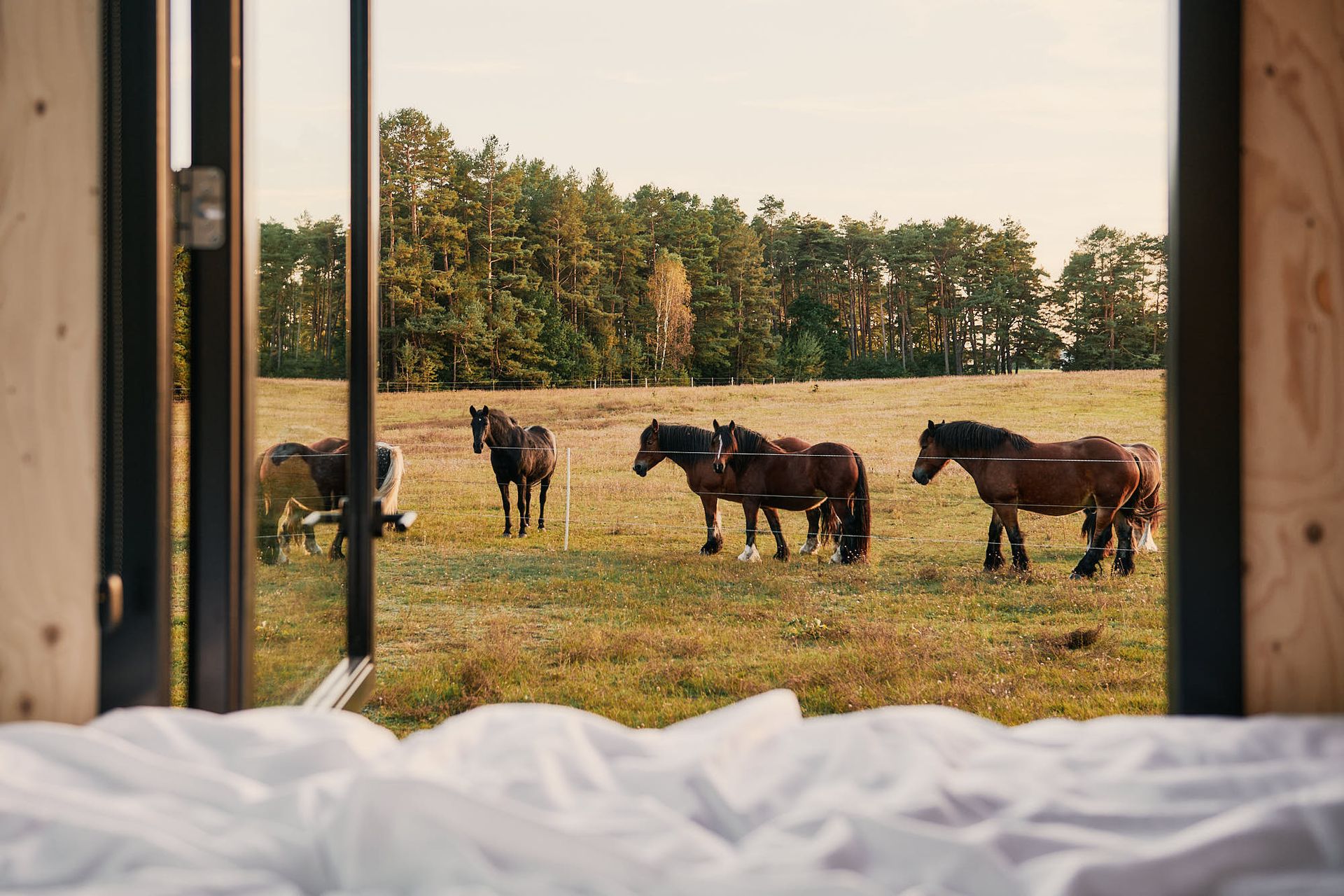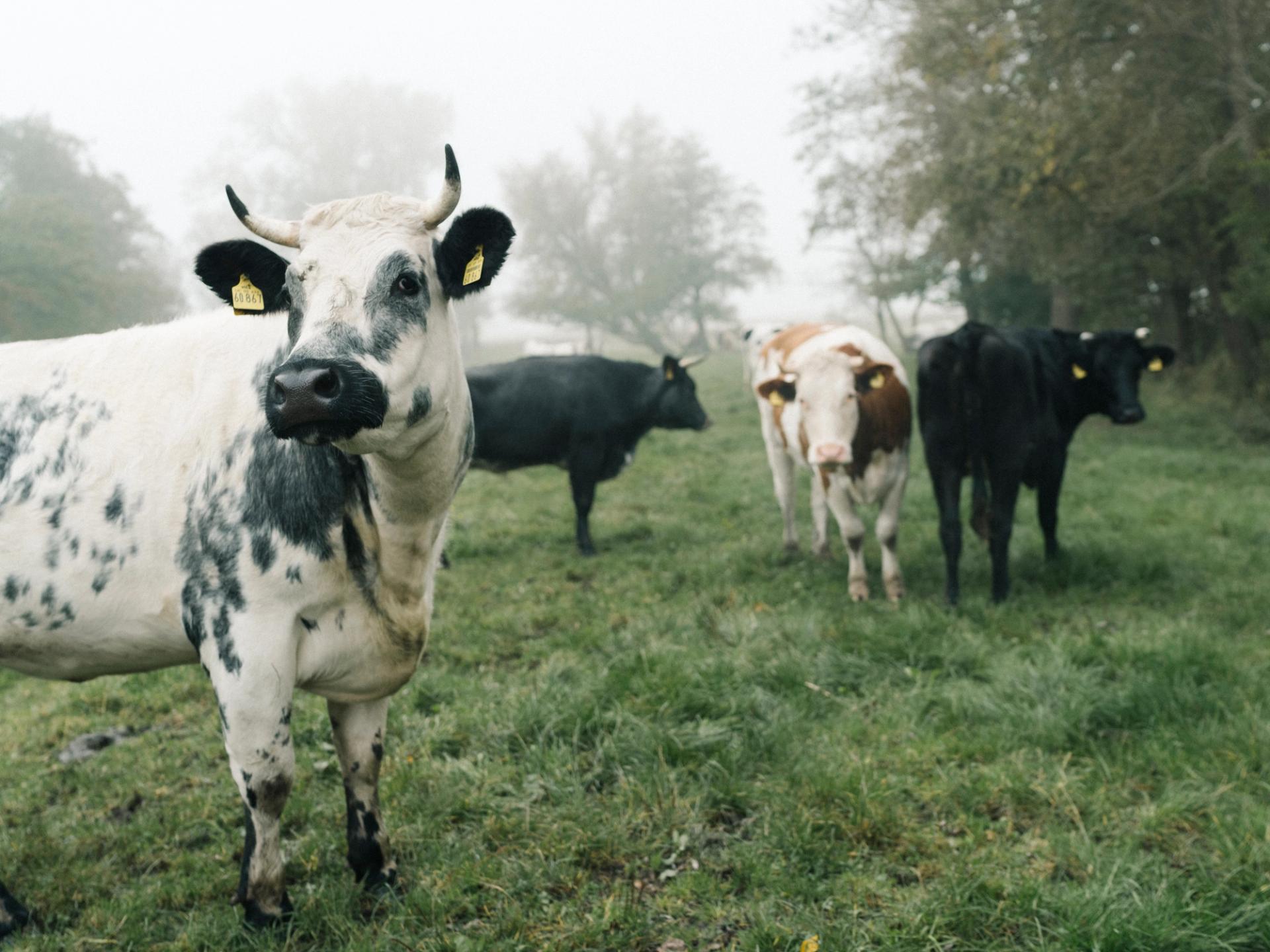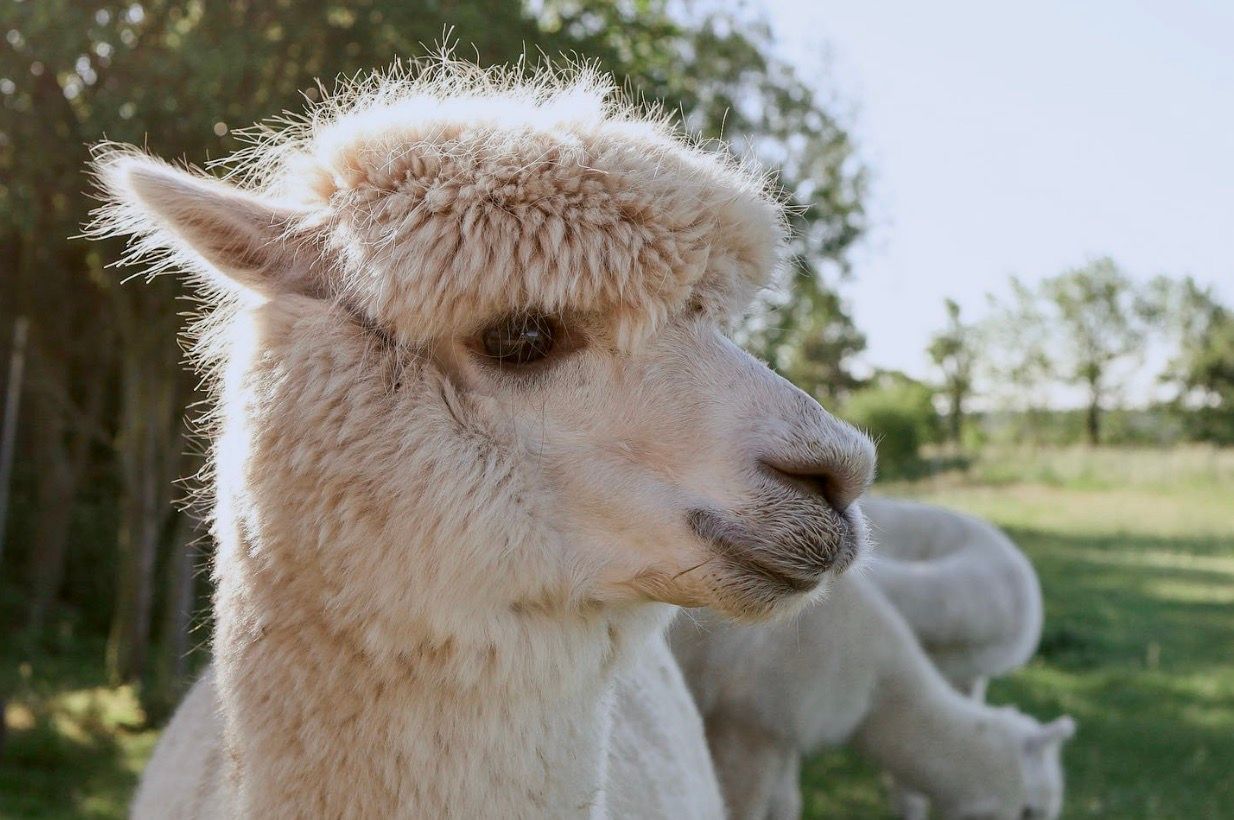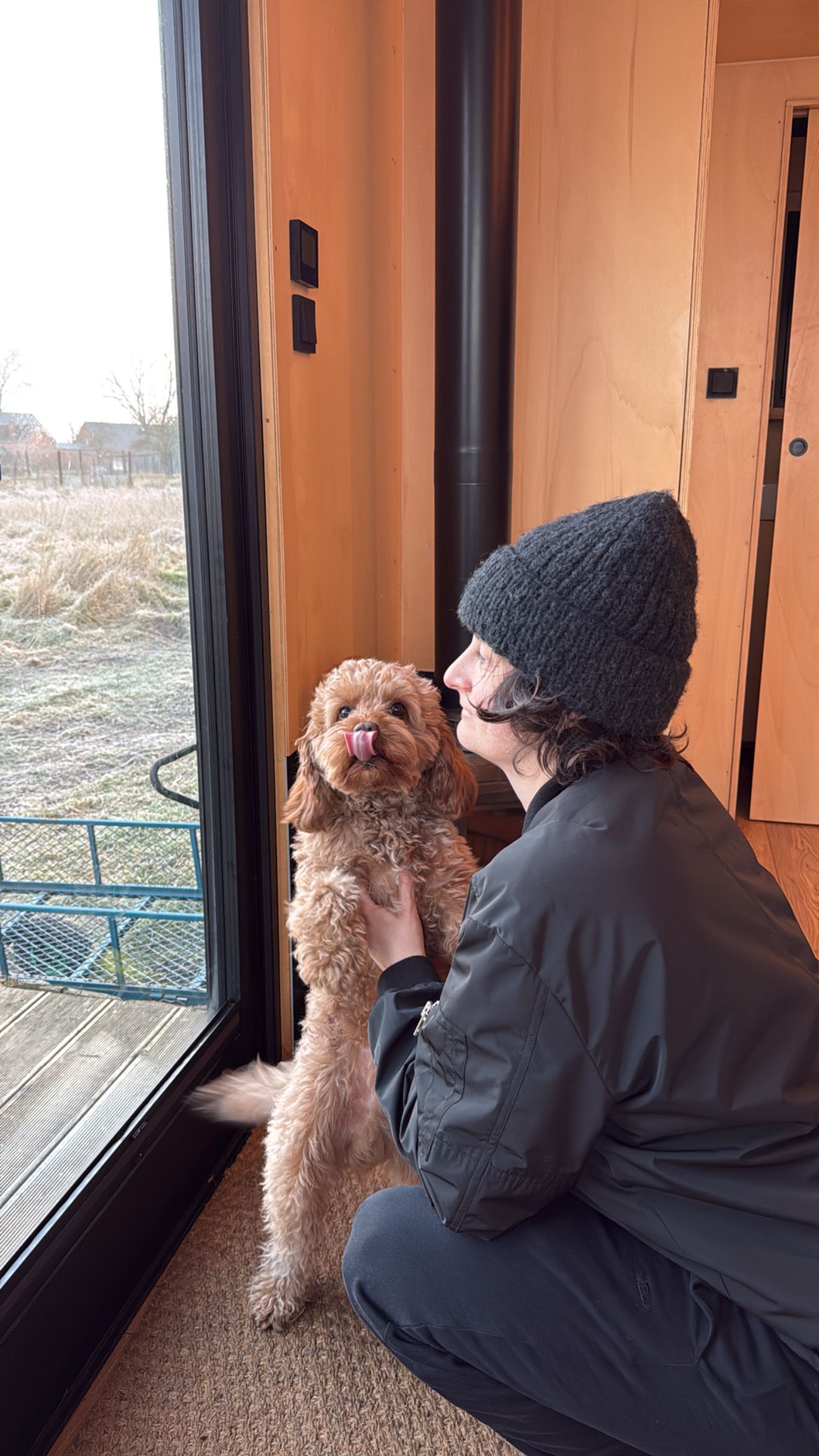Perspectives
On our deep connection with animals
Are you more of a dog person—loyal, outdoorsy, and always ready for an adventure? Or perhaps you resonate with the feline spirit—independent, cosy, and finely attuned to moods? This question often pops up, almost like a personality quiz. And even if you can’t decide or firmly believe you’re not an animal lover, chances are you’ve formed a connection with at least one animal in your life—be it Aunt Liselotte’s clumsy dachshund or the childhood hamster you secretly fed cookies. Such encounters shape and shift our perspective on life.

Animals have always been by our side
Our ancestors lived closely with four-legged companions—hunting together, receiving protection, or relying on them for sustenance. Dogs, for instance, evolved from helpers to friends. Today, they’re more than just pets: they’re child substitutes, best friends, loyal companions. Someone who’s always there. Affectionate and loyal. Or independent and full of character. They become part of our daily routines—and sometimes even our life stories. Caring for an animal means being consistently present. Feeding, grooming, staying attentive. This daily responsibility brings structure and demonstrates that genuine care doesn’t have to be loud, it just needs to be consistent.
They’re not just our couch companions; they accompany us outdoors, often unnoticed, as part of the natural world. A bird singing at dusk. A cat stretching in the sun. A deer pausing at the forest’s edge before disappearing into the thicket. Sometimes, it’s just a rustle in the bushes or a distant whimper that reminds us: there are other beings besides us. Their mere presence brings us back—to feeling, observing, and marveling.

You don’t have to say anything – they already know
Animals touch us on a deeper level, as they often mirror our emotions. They comfort us when we’re sad, share in our joy when we laugh. This connection taps into something within us that can easily get lost in daily life—making us softer, more approachable, more human. Often, we feel: in their presence, we can simply be ourselves.
And they sense what’s going on inside us. Especially dogs, cats, horses, and even some birds respond noticeably to their humans’ emotional states. Studies indicate that they perceive moods through body language, voice, scent, and behavior; even the slightest changes don’t escape them. While a dog might understand around 165 (!) words, the true bond between humans and animals transcends language.
The Gentle Power of Alpaca Therapy
A particularly sensitive animal you might encounter at some of our locations is the alpaca. Alpacas approach us with something rare in today’s world: complete lack of expectation. They demand nothing, don’t judge, don’t impose. They have a calming effect, especially on people experiencing inner turmoil or stress. Alpacas pick up on subtle signals and reflect our mood: those who are restless may find them keeping a distance; those who are calm may experience their gentle approach. Their affection is voluntary—and that’s what makes it so touching. Sometimes, it feels like the alpaca understands you better than you understand yourself.
In animal-assisted work with children, individuals with disabilities, trauma survivors, or the elderly, they have a quiet yet profound impact: not through grand gestures, but through peaceful presence. Simply being there—that’s often enough. And yes, they might spit occasionally (but only if provoked—so, essentially, if it’s well-deserved).
And all the other animals you encounter on a visit to the countryside – or during a stay in one of our cabins near local farms – have a magic all their own: Sheep whose calm is so contagious, even the busiest mind starts to slow down. Cows who basically invented the art of chilling – after all, chewing cud is just a form of Zen meditation in disguise. And horses who, with their fine-tuned senses and quiet strength, gently show us how to move through life: clear, mindful, and truly present.

Animals don’t care about your job title
Interacting with animals grounds us. Or exhilarates us. It pulls us out of our heads—into feelings, sensations, the here and now. When you engage with an animal, multitasking becomes impossible; you’re fully present, senses heightened. We observe, listen, and notice the little things. This shifts something within us: it slows us down, softens us, opens up spaces often closed off in daily life.
Animals don’t judge. They don’t inquire about your status, achievements, or productivity. They meet us in the moment—genuinely and directly. Perhaps this is their quiet yet powerful message: you don’t need to be more than you are, just truly present. And that’s enough.
So maybe the question isn’t just: Are you more of a dog or cat person? But rather: Are you a dog, cat, or alpaca type?


